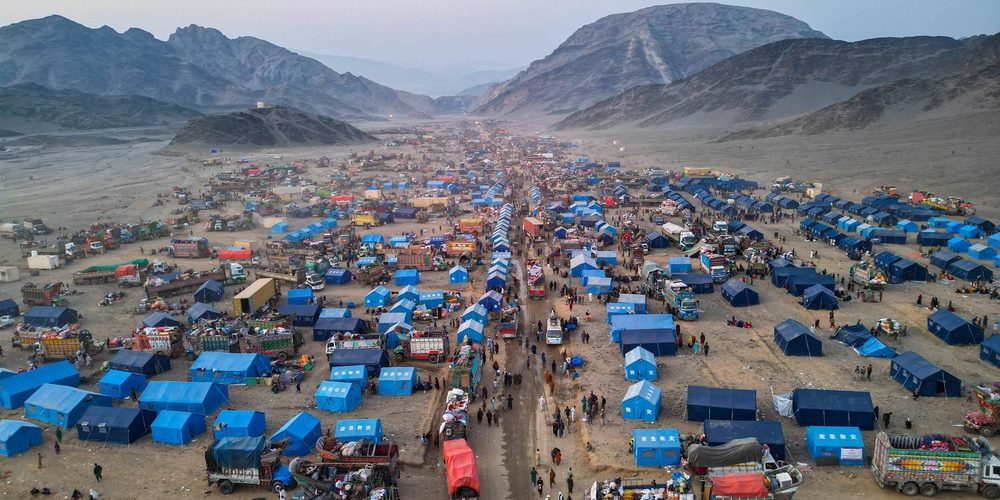REGISTRATION IS CLOSED AT THIS TIME.
UPDATE: DUE TO RECENT CHANGES, THIS TRAINING HAS BEEN CHANGED TO A VIRTUAL EVENT.
With this change of venue, a number of virtual breakout rooms and one “plenary” room will be created. Prior to the course start, registrants will receive the links to each room. This training will include scenarios and presentations on novel concepts and research supporting public health and migration crises. Our goal is to return this training to an in-person event next year.
Certificate in Public Health (CPH) Continuing Education (CE) Credits: This course will still provide 24 CE credits toward the CPH credential from the National Board of Public Health Examiners.
In 2022, there were over 100 million displaced persons globally, a number that continues to grow. Because one region’s instability bleeds into its surrounding areas, a large-scale migration crisis can easily form when left unchecked by external intervention.
U.S. military forces have often been tasked to support such humanitarian relief operations, as in the cases of Nepal in 2015 and continual deployments in South America, to provide medical assistance. While operating a migrant camp is generally not a long-term U.S. Department of Defense (DoD) mission, there are instances where DoD personnel will support populations in need, especially for healthcare and logistics.
This training will address several scenarios in which DoD and interagency partners may be called upon to support a displaced person’s camp. Attendees will gain insight into the nuances of caring for a population in this environment. This will be a hands-on working group with scenario-based exercises. Learning objectives include the following:
- Managing cultural sensitivities in a displaced population
- Water, sanitation, and hygiene
- Women’s health
- Vector control
- Nongovernmental organization interaction
- Establishing relationships with camp personnel and residents
- Empowering camp residents
- Pediatric, geriatric, and other populations
The tentative scenarios (subject to change) include the following:
- Puerto Rico: Multiple natural disasters strike.
- Democratic Republic of the Congo: The U.S. government supports the United Nations and people displaced in areas along the eastern borders.
- Thailand: A combination of factors and requests for support leads to humanitarian assistance along the Thailand-Myanmar border.
- Western Africa: A disease outbreak in West Africa overwhelms officials and leads to an international response.
This is a collaborative, discussion-based training based on real-world scenarios. Attendees will gain an understanding of the relevant communities and practices in a mass-migration situation. Attendance is best suited for medical professionals, public health officials, disaster planners, emergency managers, and personnel from nongovernment organizations who support disaster relief.


